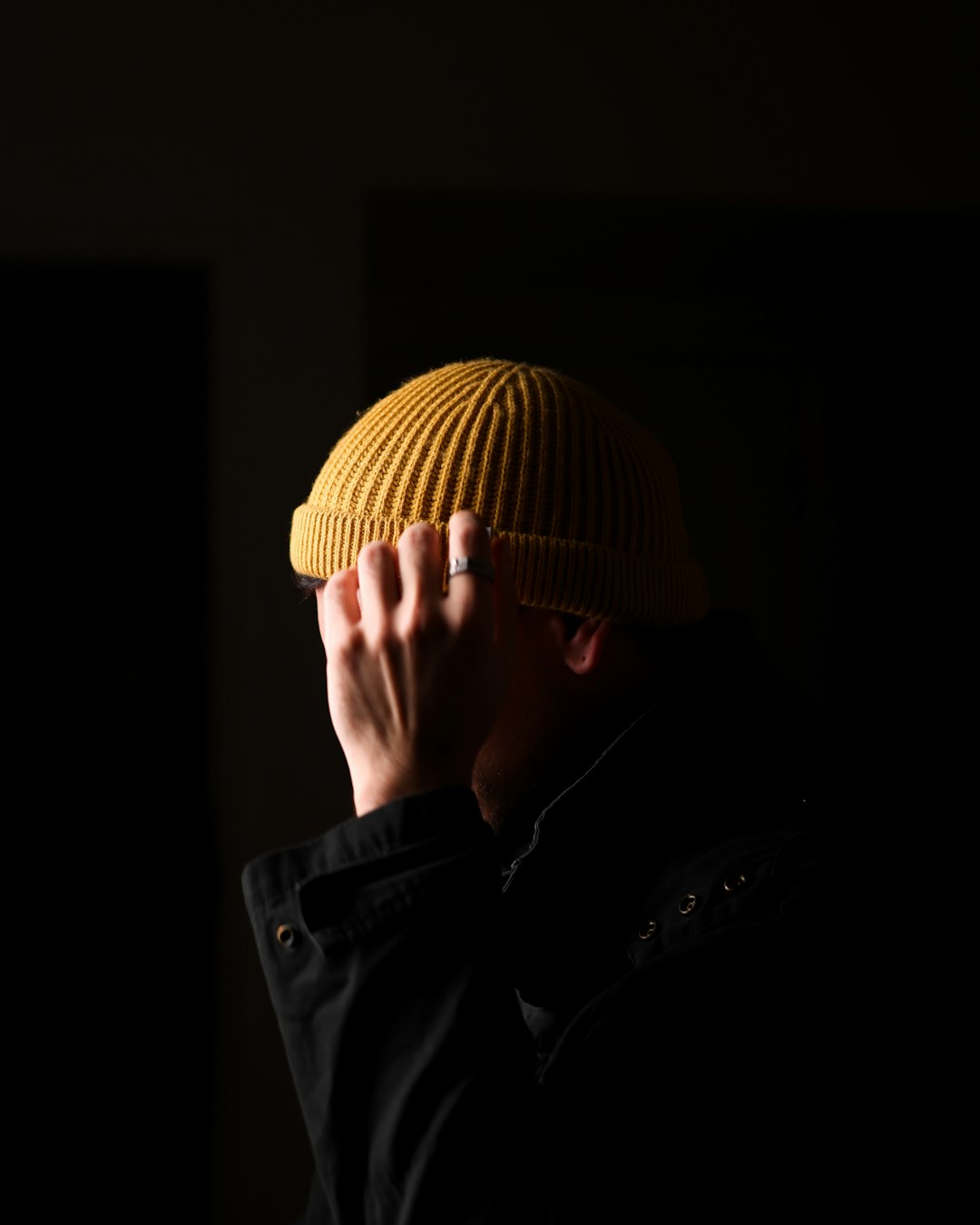Depression is more than just feeling sad or going through a rough patch. It is a complex mental health condition that affects millions of people worldwide, touching every aspect of life—thoughts, emotions, behaviors, and physical health. In this detailed guide, we explore what depression really is, the common signs and symptoms, possible causes, and most importantly, effective strategies for coping and seeking help.
What Is Depression?
Depression, also known as major depressive disorder (MDD), is a prevalent mental health disorder characterized by persistently low mood, diminished interest in activities, and a range of cognitive and physical symptoms. It goes far beyond occasional sadness and can impact daily functioning, relationships, and physical well-being. According to the World Health Organization, depression is one of the leading causes of disability globally.
Recognizing the Signs and Symptoms
Depression manifests uniquely in each individual, but several common signs can help identify the condition. Awareness is the first step towards recovery. Here are some typical symptoms:
- Persistent sadness or low mood: Feeling empty, hopeless, or tearful nearly every day.
- Loss of interest or pleasure: No longer enjoying activities or hobbies that once brought joy.
- Changes in appetite or weight: Significant weight gain or loss, or changes in eating habits.
- Sleep disturbances: Insomnia, waking up too early, or sleeping too much.
- Fatigue or low energy: Feeling drained, even after rest.
- Difficulty concentrating: Trouble focusing, making decisions, or remembering things.
- Feelings of worthlessness or guilt: Harsh self-criticism or excessive guilt over past events.
- Physical aches and pains: Headaches, digestive issues, or other unexplained symptoms.
- Thoughts of death or suicide: Recurrent thoughts of death, suicide ideation, or self-harm.
Not everyone with depression experiences all these symptoms, but if you or someone you know is struggling with several on this list for more than two weeks, it may be time to seek professional support.
The Different Types of Depression
Depression is not a one-size-fits-all diagnosis. It exists in several forms, each with distinct features. Understanding the types of depression can help clarify personal experiences and inform tailored treatment approaches.
- Major Depressive Disorder (MDD): Marked by symptoms that last most of the day, nearly every day, for at least two weeks.
- Persistent Depressive Disorder (Dysthymia): A chronic, less severe form lasting two years or more, often with fluctuating intensity.
- Bipolar Disorder: Involves cycles of depressive episodes alternating with periods of mania or hypo-mania.
- Seasonal Affective Disorder (SAD): Depression linked to seasonal changes, most commonly in winter.
- Postpartum Depression: Occurs after childbirth, involving symptoms that hinder bonding and caregiving.
- Premenstrual Dysphoric Disorder (PMDD): Severe depression and irritability prior to menstruation.
- Atypical Depression: Features mood reactivity (mood lifts in response to good news) plus specific symptoms like increased appetite and sleep.
Understanding the Causes of Depression
The origins of depression are multi-faceted, involving a complex interplay of biological, psychological, and environmental factors. No single cause applies to everyone, but research points to several contributors:
Biological Factors
- Genetics: A family history increases the likelihood of depression.
- Brain Chemistry: Imbalances in neurotransmitters such as serotonin, dopamine, and norepinephrine can contribute to depressive symptoms.
- Medical Conditions: Chronic illnesses, certain medications, and hormonal imbalances may trigger depression.
Psychological and Social Factors
- Trauma and stress: Childhood adversity, loss, or high-stress life events can predispose individuals to depression.
- Personality traits: People with low self-esteem, perfectionism, or negative thinking patterns may be more vulnerable.
- Isolation and loneliness: A lack of social support increases susceptibility.
Environmental Influences
- Major life changes: Divorce, job loss, relocation, or bereavement can trigger depressive episodes.
- Substance use: Alcohol and drug misuse can worsen or initiate depression.
- Socioeconomic difficulties: Poverty, unemployment, or financial stressors are significant risk factors.
How Depression Affects the Mind and Body
Depression is not just an emotional state; it produces profound effects across the entire body and mind. While emotional pain is prominent, physical symptoms are also common and can complicate diagnosis and treatment:
- Cognitive function: Problems with memory, attention, and decision-making.
- Physical fatigue: Low energy levels, body aches, and decreased physical activity.
- Sleep patterns: Both insomnia and hypersomnia can occur, further impacting energy and mood.
- Appetite changes: Fluctuations in eating can lead to weight changes and nutritional issues.
- Immune system: Chronic depression may weaken immunity, making people more susceptible to other illnesses.
Understanding these effects helps in recognizing depression as a genuine health condition requiring compassionate and holistic care.
Debunking Common Myths About Depression
Misinformation and stigma often prevent people from seeking help. Here are some common myths and the real facts behind them:
- Myth: Depression is just a sign of weakness.
Fact: Depression is a medical condition, not a character flaw. Anyone can experience it, regardless of strength or willpower. - Myth: You can just ‘snap out of it.’
Fact: Recovery usually involves professional treatment, support, and time. It is not a matter of choosing to feel better. - Myth: Only certain types of people get depressed.
Fact: Depression can affect anyone, regardless of age, gender, background, or socioeconomic status. - Myth: Talking about depression makes it worse.
Fact: Open conversations foster understanding and can be the first step towards recovery.
When to Seek Help: Diagnosis and Assessment
If you recognize symptoms in yourself or a loved one that persist for more than two weeks, interfere with daily life, or include thoughts of self-harm, it's crucial to seek help from a mental health professional. A doctor or psychologist can assess your symptoms using clinical interviews and standardized questionnaires. This process can help determine:
- The severity and type of depression
- Possible underlying medical conditions
- Best suited treatment options
Early intervention significantly improves outcomes. Remember, there is no shame in reaching out—taking the step to get help is a sign of strength.
Treatment: How Is Depression Managed?
Depression is highly treatable, and most people see significant improvement with the right approach. Management strategies typically involve a combination of:
1. Psychotherapy
Also known as talk therapy, psychotherapy provides a supportive environment to understand and address the root causes of depression. Common therapies include:
- Cognitive-behavioral therapy (CBT): Focuses on changing negative thought patterns and behaviors.
- Interpersonal therapy (IPT): Addresses relationship challenges and communication skills.
- Mindfulness-based therapies: Help manage distressing emotions and promote present-moment awareness.
2. Medication
Antidepressants can be effective tools in restoring chemical balance in the brain. They are usually prescribed for moderate to severe depression. Types include:
- Selective serotonin reuptake inhibitors (SSRIs)
- Serotonin-norepinephrine reuptake inhibitors (SNRIs)
- Tricyclic antidepressants (TCAs)
- Atypical antidepressants
It often takes several weeks to notice an improvement, and finding the right medication may involve some trial and adjustment under medical supervision.
3. Lifestyle Adjustments
Lifestyle plays a crucial role in managing depression. Small, consistent changes can have a big impact:
- Physical activity: Regular exercise boosts mood and energy.
- Nutrition: Balanced meals support brain and body health.
- Sleep hygiene: Consistent sleep schedules help regulate emotional well-being.
- Social connection: Staying engaged with friends and support groups reduces isolation.
- Mindfulness practices: Meditation, yoga, and breathing exercises reduce stress.
4. Other Therapies
- Support groups: Offer shared experiences and emotional support.
- Electroconvulsive therapy (ECT): Reserved for severe or treatment-resistant depression.
- Transcranial magnetic stimulation (TMS): Non-invasive technique for cases unresponsive to other treatments.
Self-Care Strategies for Coping With Depression
Alongside professional treatment, self-care practices empower individuals to manage symptoms and improve quality of life. Here are evidence-based strategies to incorporate into your daily routine:
- Build a daily routine: Structure brings stability. Try to wake up, eat, and sleep at the same times each day.
- Set realistic goals: Break tasks into small, manageable steps. Celebrate progress, no matter how small.
- Stay connected: Reach out to friends, family, or support groups. You don't have to go through this alone.
- Be kind to yourself: Practice self-compassion. Remind yourself that it's okay not to be okay.
- Limit stress: Identify sources of stress and develop healthy coping mechanisms, such as deep breathing or guided imagery.
- Engage in pleasurable activities: Even if enjoyment feels muted, engaging in hobbies can foster positive emotions over time.
- Monitor self-talk: Challenge negative thoughts and try to reframe them with evidence-based, positive narratives.
Remember, recovery is a journey. Healing is possible with patience and persistence.
Supporting Loved Ones With Depression
If someone you care about is struggling with depression, your empathy and support matter enormously. Here's how you can help:
- Listen without judgment: Create a safe space for them to share their feelings.
- Offer practical help: Assist with everyday tasks like cooking, errands, or accompanying them to appointments.
- Encourage professional support: Gently suggest seeking help if they haven't already.
- Be patient: Understand that mood and energy levels may fluctuate.
- Take care of yourself: Supporting someone with depression can be challenging, so set boundaries and seek support for yourself if needed.
Resources and Emergency Help
If you or someone you know is at risk of harm or experiencing suicidal thoughts, seek immediate help:
- Contact your country's suicide prevention hotline or emergency services.
- Reach out to a trusted friend, family member, or healthcare provider.
- Avoid isolation—let someone know what you are going through.
Final Thoughts: Hope and Recovery
Depression is a serious but treatable condition. With accurate information, compassion, and appropriate treatment, people living with depression can recover and lead fulfilling lives. If you or a loved one are struggling, remember—you are not alone, and help is within reach. The first step is often the hardest, but it is also the most courageous.
If you have concerns about depression in yourself or someone you care about, don't hesitate to reach out to a mental health professional or trusted support network. Recovery is possible, and a brighter future awaits.




